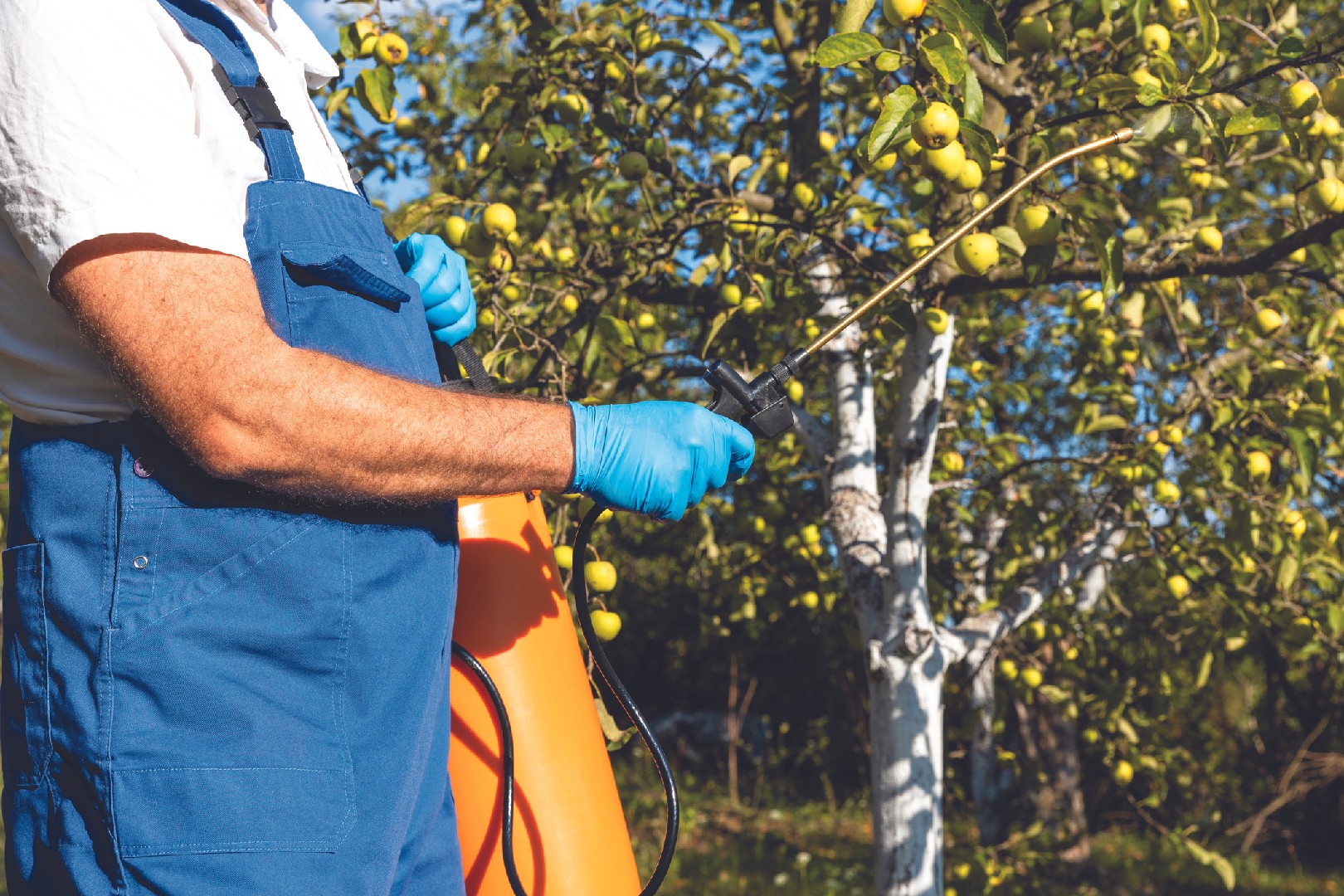![Rectangle]()
Spotting the Common Invaders: Who are the Usual Suspects?
In order to win the war against pests in your fruit garden, it is crucial to be able to identify the common invaders. These pests can cause significant damage to your plants and fruits if not dealt with promptly and effectively. By understanding their life cycle and habits, you can implement appropriate organic solutions to protect your garden.
First and foremost, let's discuss the identification of common pests in fruit gardens. One of the most common pests is the aphid. These tiny insects are usually green or black and can be found in clusters on the leaves and stems of your fruit trees. They feed on sap and excrete a sticky substance called honeydew, which can lead to the growth of black sooty mold on the leaves.
Another common culprit is the fruit fly. These small flies are attracted to ripe and rotting fruits, and they lay their eggs in the fruit, causing it to spoil. If you notice small puncture marks on your fruits, it is likely that you have a fruit fly infestation. Other pests that you may encounter include caterpillars, beetles, and mites.
Understanding the typical damage caused by these pests is also essential. Aphids, for example, can cause distorted and yellowing leaves, stunted growth, and reduced fruit production. Fruit flies, on the other hand, can cause fruit rot and premature drop. Caterpillars can chew through leaves and fruits, while mites can cause discoloration and damage to the leaves.
To effectively combat these pests, it is important to understand their life cycle and habits. Aphids, for instance, reproduce rapidly, with females capable of producing numerous offspring within a short period of time. Fruit flies lay their eggs in ripe fruits and the larvae feed on the fruit flesh before emerging as adults. Caterpillars go through several stages of development and can cause significant damage during their feeding phase. Mites, on the other hand, thrive in hot and dry conditions.
With a clear understanding of the pests' identification, the damage they can cause, and their life cycle and habits, you can take appropriate action to protect your fruit garden. Organic solutions such as introducing natural predators, using insecticidal soaps or oils, and employing physical barriers like netting can all be effective methods to control the pests. Additionally, practicing good garden hygiene, such as keeping weeds under control and regularly removing fallen fruits or plant debris, can help reduce the risk of infestations.
By being vigilant and proactive in identifying and addressing pest issues in your fruit garden, you can ensure the health and productivity of your plants. Armed with the knowledge of common pests and their habits, you can adopt organic solutions that are not only effective but also safe for the environment and beneficial insects. So, don't let the pests take over your garden and enjoy the fruits of your labor by implementing these organic solutions!





